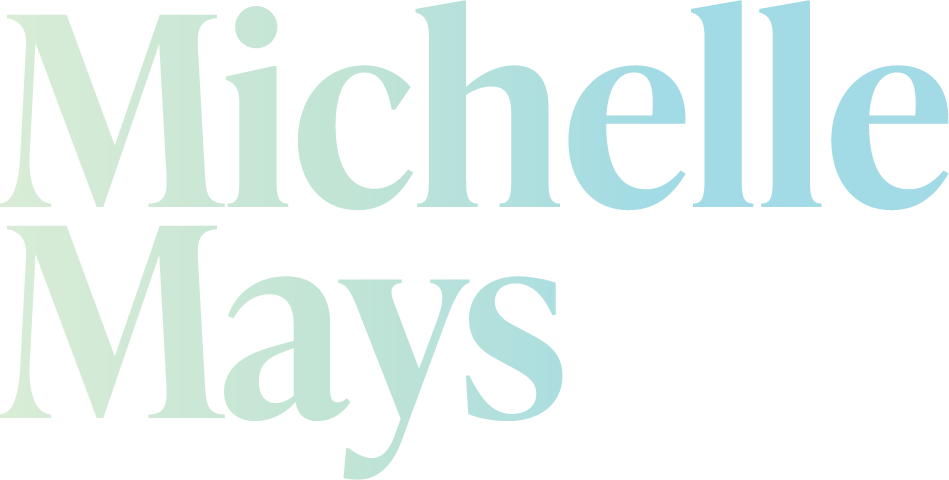Disclosure. Just the word is freighted with questions, anxiety, hopes and fears. For couples dealing with infidelity and betrayal, completing disclosure is a crucial pivot point in the healing process. Because of this, you and your partner may place an enormous amount of focus on disclosure, especially during the early stages of recovery. This focus causes many couples to think about disclosure as an ending point rather than the starting point that it actually is.
What disclosure can accomplish for you and your relationship is incredibly important. However, there are limits to what disclosure does for couples in recovery from betrayal trauma. Often, couples get confused about what to expect and not expect from disclosure. When this happens couples can complete disclosure thinking that it is supposed to have done far more for them then it can actually do. When this happens, they feel like somehow disclosure didn’t ‘work’ or that maybe they need more disclosure.
In this post, we are going to talk about what disclosure can do for you and your relationship.Then in the next post, we will focus on the limits of disclosure and why disclosure by itself does not heal the pain of betrayal. For a comprehensive understanding of the exact steps involved in a formal therapeutic disclosure, you can register for the Relational Recovery Disclosure Prep for Couples online workshop.
To start, it is important to understand that disclosure is not a single event, it’s a process. And it should always be done with therapeutic assistance. In fact, poorly executed, unsupported disclosure almost always does more harm than good.
After the initial discovery of betrayal, information tends to trickle out in rounds of repeated discovery. The betrayed partner finds out about something and confronts the cheater, who reluctantly admits to the transgression but keeps other transgressions secret. Before long, more information is discovered and the process repeats.
I call this death by paper cut. It’s a miserable experience that increases trauma symptoms and pain. It is bad for the betrayed partner and bad for the relationship. This is why I strongly recommend that couples looking to heal from infidelity engage in formal, therapeutically supervised disclosure, where all of the information comes out at once, both parties are supported, questions can be answered, and the betrayed partner has an opportunity to respond in a formal way, making requests and setting boundaries that can facilitate healing. Having professionals work with the cheating partner to break through the denial and self-manipulation that motivates the secret-keeping is your best chance of receiving a fully transparent disclosure.
Another thing that disclosure provides is containment of the trauma. Knowing the full scope and depth of the betrayal puts edges around the experience and helps you know where the cheating ends. This contains the betrayal and so contains the danger and lack of safety. Your imagination no longer runs wild as you think about what might have happened. Often (though not always), you will find that the stories you were making up about what might have happened are much worse than the reality of what actually happened. Either way, with proper disclosure you know where the betrayal begins and ends allowing you to move forward into healing.
Another important facet of disclosure is that it shows your cheating partner’s willingness to value honesty, integrity, and relationship transparency over secrecy, manipulation, and self-preservation. As every betrayed partner knows, it’s the lying and secrets that ultimately do the most damage to self-esteem and relationship safety. Your cheating partner’s choice to come clean about the full extent of the cheating signifies a meaningful shift in priorities—away from betrayal, toward the process of healing. This shift, once processed, is a major step toward rebuilding relationship trust.
While disclosure can act as a pivot point, positioning the two of you to move into repairing the betrayal wounds, what disclosure does not do is heal the pain of betrayal. It does not heal the pain of the behaviors, nor does it heal the pain of secrets, lies, and manipulation. Knowing the scope and depth of the betrayal is not the same as healing the damage wrought by the betrayal. That occurs over time after full disclosure has been given. This is why disclosure is a starting point rather than an ending point and we will explore this more fully together in the next blog post.
Special Note: If you have not yet gone through the disclosure process, I encourage you to register for the Relational Recovery Disclosure Prep for Couples online workshop. This workshop is intended to be completed as a couple to help the two of you to get oriented and aligned in your purpose around disclosure. It also gives you information about how good disclosures are done so that you can advocate for yourself in the process with your therapist.
Learn More: https://www.relationalrecovery.com/disclosure-prep/couples-workshop/












